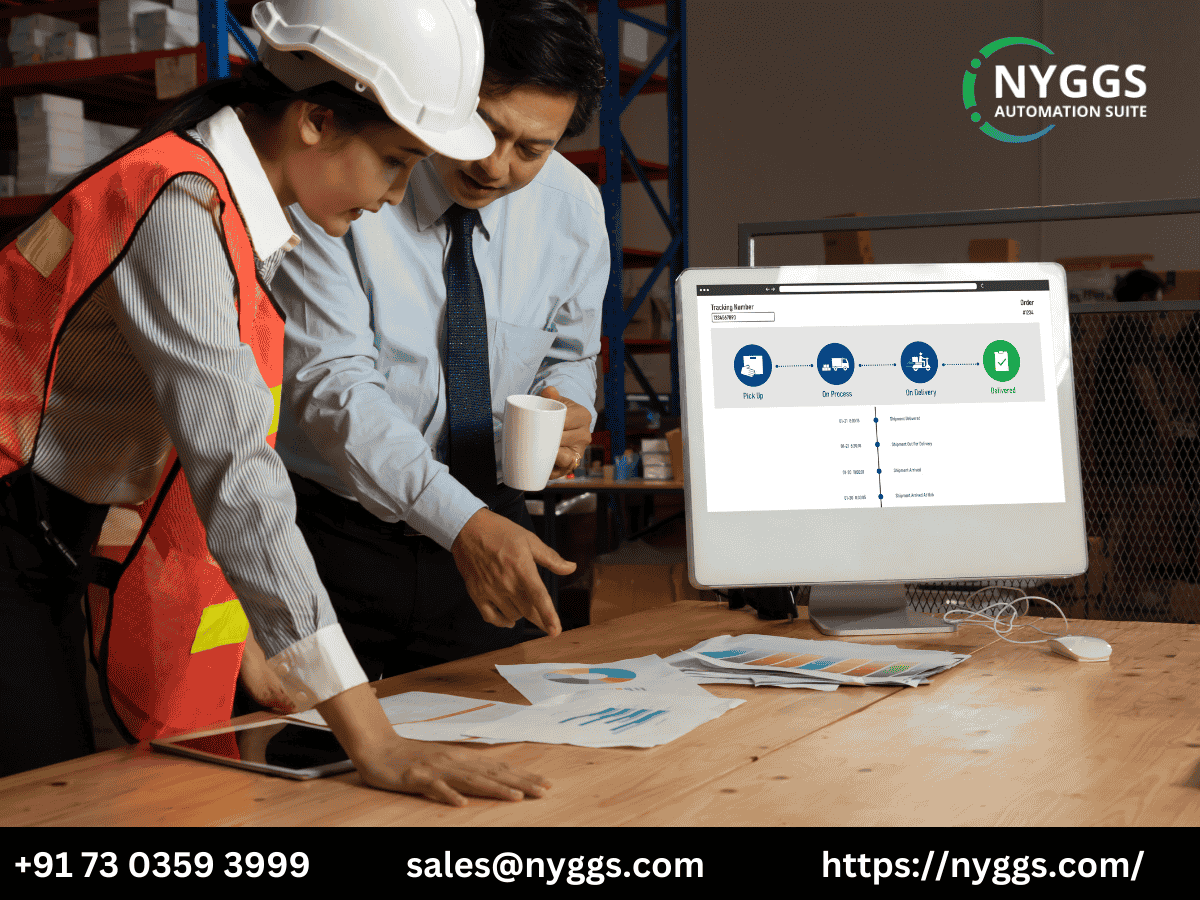Introduction to Construction ERP Software
In the fast-paced world of construction, managing projects, people, finances, and resources can be overwhelming. Enter Construction ERP Software. By integrating different aspects of business operations into one cohesive system, ERP software brings efficiency and structure to help construction companies streamline their operations. But what exactly is construction ERP software, and why do construction companies rely on it?
What is Construction ERP Software?
Construction ERP software is a specialized system designed to meet the unique needs of construction companies. Unlike general ERP solutions that address broad industries, construction ERP software is tailored to address specific challenges such as project scheduling, budget management, and field resource allocation.
Construction projects often require a high level of coordination between different teams, and ERP software helps centralize information for better decision-making and planning.
Key Features of Construction ERP Software
- Project Management
- Offers tools for scheduling, assigning tasks, and tracking progress, ensuring projects stay on schedule.
- Financial Management
- Manages budgets, expenses, and billing to provide financial oversight and control.
- Inventory and Resource Management
- Helps track equipment, tools, and materials, ensuring they’re available when needed.
- Document Management
- Centralizes all documents related to a project, including contracts, blueprints, and permits, making information accessible.
- Workflow Automation
- Reduces repetitive tasks, streamlining workflows for increased productivity.
- Reporting and Analytics
- Provides insights through reports on financials, project progress, and resource allocation.
Benefits of Using Construction ERP Software
The advantages of using construction ERP software extend far beyond project tracking:
- Enhanced Efficiency and Productivity: By automating manual tasks, construction ERP software frees up time for team members to focus on critical work.
- Improved Collaboration: Centralized data allows teams to communicate more effectively, reducing delays caused by information gaps.
- Better Financial Control and Budgeting: Accurate budget tracking helps prevent overspending and improves profitability.
- Centralized Data Management: With all project data in one system, finding and sharing information becomes seamless.
How Construction ERP Software Streamlines Operations
Construction ERP software eliminates time-consuming manual processes. For example, it can automate payroll, track expenses, and even forecast material requirements based on project schedules. This streamlining allows construction companies to optimally allocate resources and avoid costly delays.
Top Construction ERP Software Options in the Market
Several ERP options are available specifically for construction, including:
- Procore
- Sage 300 Construction and Real Estate
- CMiC
- Jonas Premier
Each offers a different set of features tailored to various project needs and budget sizes.
How to Choose the Right Construction ERP Software
To pick the right software, consider:
- Business Needs: Understand what specific functionalities are needed, such as document control or mobile accessibility.
- Integration: Ensure compatibility with existing systems (e.g., CRM or accounting).
- User-Friendliness: Prioritize software with intuitive interfaces to ease adoption.
- Support and Training: Reliable support ensures smooth implementation and usage.
Implementation Tips for Construction ERP Software
Implementing ERP software can be complex, so follow these steps for success:
- Plan Strategically: Define objectives and create a timeline.
- Train Employees: Ensure that everyone knows how to use the system efficiently.
- Customize Features: Tailor the software to match specific company needs.
- Ongoing Support: Choose a solution provider offering consistent support.
Challenges in Implementing Construction ERP Software
Common challenges include user resistance, data migration issues, and cost. Proper training and support can help overcome these obstacles and ensure a smoother transition.
Costs Associated with Construction ERP Software
Construction ERP software costs vary widely. Pricing models include subscription-based fees and one-time payments. It’s important to understand potential additional costs, such as training and support, when planning your budget.
Future Trends in Construction ERP Software
The future of construction ERP software looks promising, with advancements like:
- AI and Machine Learning: Predictive analytics can forecast project costs and timelines.
- Cloud-Based Solutions: Greater flexibility and accessibility across devices.
- Mobile Accessibility: Ensures teams can access data from any location.
- Enhanced Data Security: Protecting sensitive project and client data.
Conclusion
Construction ERP software is a powerful tool that brings efficiency, collaboration and control to the complex world of construction. By choosing the right ERP solution, companies can transform the way they work, ensuring smoother projects, cost savings, and successful outcomes.
Frequently Asked Questions (FAQs)
- Why is Construction ERP Software Important?
Construction ERP software helps manage the complexity of construction projects, streamlining processes and improving outcomes. - What are the Primary Benefits of Construction ERP Software?
Benefits include enhanced efficiency, better financial control, centralized data, and improved collaboration among teams. - How Long Does It Take to Implement Construction ERP Software?
Implementation time varies but typically ranges from a few months to a year, depending on the software and company size. - Is Construction ERP Software Secure?
Yes, most construction ERP software providers offer robust security features to protect sensitive data. - How Much Does Construction ERP Software Cost?
Costs vary based on features, deployment method, and provider, with options for both subscription-based and one-time payment models.

